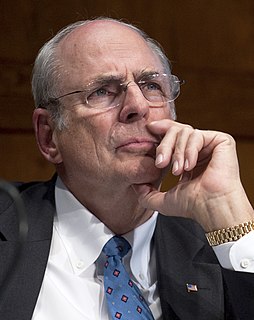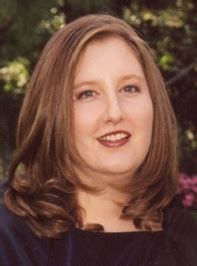A Quote by Carl Honore
The slow philosophy is not about doing everything in tortoise mode. It's less about the speed and more about investing the right amount of time and attention in the problem so you solve it.
Related Quotes
I guess for me, balance isn't about treating your time like a pie chart and dividing it into equally sized slices for you, the kids, work, and so on. It's about the quality of how you spend your time, not the quantity--are you being present and focused on whatever you're doing while you're doing it? I truly believe that's how you can be the best version of yourself, whether you're in work mode, mom mode, or wife mode. When I know I'm giving my undivided attention in each of these areas, I don't feel so guilty about the time spent away from them.
'In Praise of Slowness' chronicles the global trend towards deceleration that has come to be known as the Slow Movement. Don't worry, though: it is not a Luddite rant. I love speed. Going fast can be fun, liberating and productive. The problem is that our hunger for speed, for cramming more and more into less and less time, has gone too far.
Essentialism is not about how to get more things done, it's about how to the get the right things done. It doesn't mean just doing less for the sake of less either. It is about making the wisest possible investment of your time and energy in order to operate at our highest point of contribution by doing only what is essential.
I meet a lot of people who are awkward around me now. I was always embarrassed about that; the more attention I got, the less I wanted it and the more it would manifest in a physical way and I would be hunched over about it. I'm just starting to realise now that it's not my problem, it's somebody else's problem.
Abraham Maslow taught me, that when you're working with a patient, never let them spend more than a few moments on the problem, because what you think about is what expands, and if they're talking about the problem all the time, when they leave your session, the problem will expand. Get 'em to put their attention on what they intend to create, or on solutions.
My first book, 'In Praise of Slowness,' examines how the world got stuck in fast-forward and chronicles a global trend towards putting on the brakes. That trend is called the Slow movement. 'Slow' in this context does not mean doing everything at a snail's pace. It means doing everything at the right speed.
We can talk about the economy, we can talk about Social Security. The biggest problem this world has is nuclear proliferation. And we have a country out there, North Korea, which is sort of wacko, which is not a bunch of dummies. And they are going out and they are developing nuclear weapons. And they're not doing it because they're having fun doing it. They're doing it for a reason. And wouldn't it be good to sit down and really negotiate something and ideally negotiate? Now, if that negotiation doesn't work, you'd better solve the problem now than solve it later.
The best results are achieved by using the right amount of effort in the right place at the right time. And this right amount is usually less than we think we need. In other words, the less unnecessary effort you put into learning, the more successful you'll be... the key to faster learning is to use appropriate effort. Greater effort can exacerbate faulty patterns of action. Doing the wrong thing with more intensity rarely improves the situation. Learning something new often requires us to unlearn something old.






























